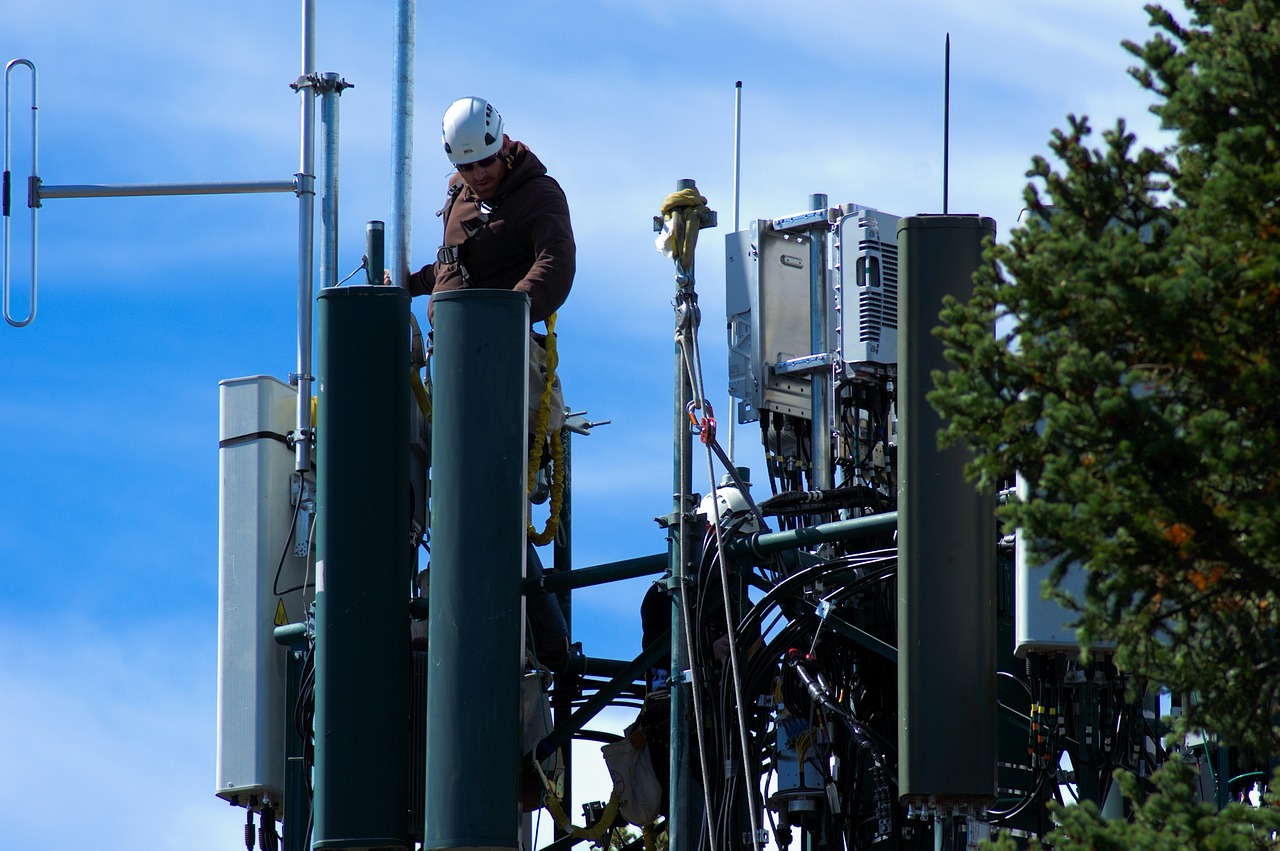The concept of net neutrality has been a highly debated topic for years, especially when it comes to the cable TV and high-speed internet industry. Net neutrality refers to the principle that internet service providers (ISPs) should provide equal access to all content, regardless of the source or type of content. However, in 2017, the Federal Communications Commission (FCC) repealed net neutrality rules, which have had a significant impact on the cable TV and high-speed internet industry.
One of the most significant impacts of the net neutrality repeal on the cable TV and high-speed internet industry has been the potential for ISPs to prioritize or block certain types of content. Without net neutrality rules in place, ISPs have the ability to control the flow of internet traffic and potentially give preferential treatment to certain types of content or services.
For example, an ISP may prioritize their own streaming service or block access to a competitor’s streaming service, such as Netflix or Hulu. This could lead to a monopolization of the streaming market, limiting consumer choice and potentially driving up prices.
Another impact of the net neutrality repeal on the cable TV and high-speed internet industry is the potential for ISPs to charge additional fees for faster internet speeds or higher-quality streaming. This could result in a tiered internet system where those who can afford to pay more receive better access to content and services.
The repeal of net neutrality has also raised concerns about online privacy and security. Without net neutrality rules in place, ISPs have more control over consumer data and the ability to sell that data to third-party companies. This has led to increased concerns over online privacy and security, as well as the potential for ISPs to engage in discriminatory practices.
In response to the net neutrality repeal, some states have taken action to protect net neutrality principles within their borders. For example, as of 2021, over 30 states have introduced legislation to protect net neutrality, with some states enacting their own net neutrality rules.
Additionally, some ISPs have made commitments to uphold net neutrality principles voluntarily. For example, in 2018, Comcast pledged to continue to follow net neutrality principles, regardless of the FCC’s repeal.
The impact of net neutrality repeal on the cable TV and high-speed internet industry is a complex issue that will continue to be debated for years to come. As consumers, it is important to stay informed about the potential impacts of the net neutrality repeal and to advocate for policies that protect equal access to online content and services.
In conclusion, the repeal of net neutrality rules by the FCC has had a significant impact on the cable TV and high-speed internet industry. Without net neutrality rules in place, ISPs have the ability to prioritize or block certain types of content, potentially leading to a monopolization of the streaming market and limiting consumer choice. The repeal has also raised concerns about online privacy and security, as well as the potential for ISPs to engage in discriminatory practices. As consumers, it is important to stay informed about the potential impacts of the net neutrality repeal and to advocate for policies that protect equal access to online content and services.








